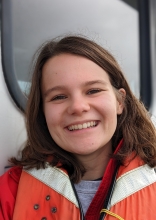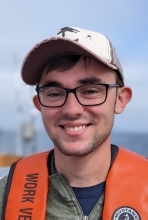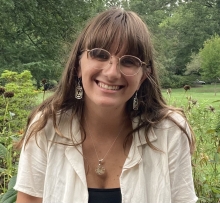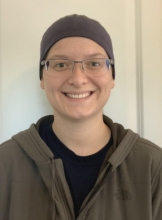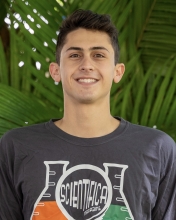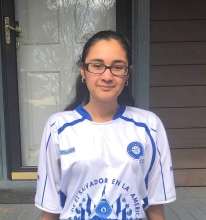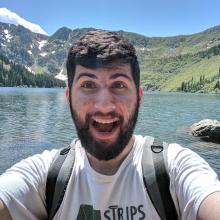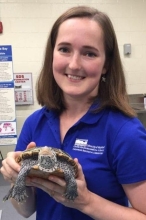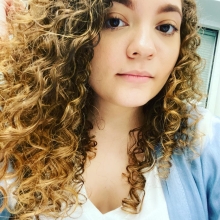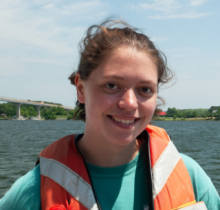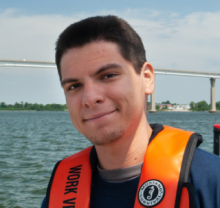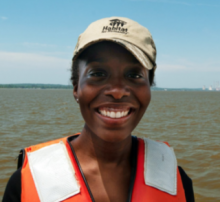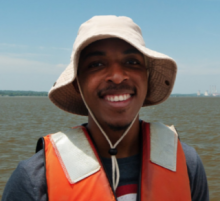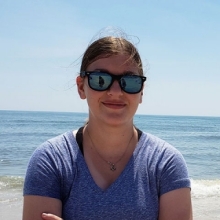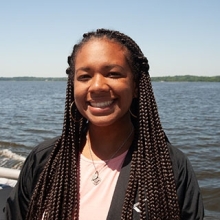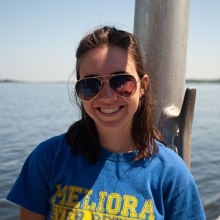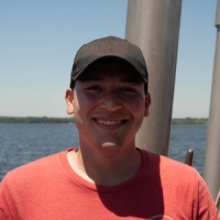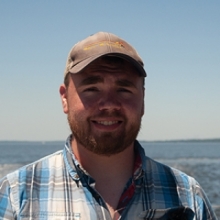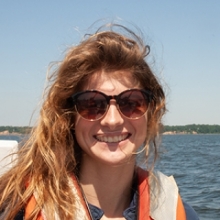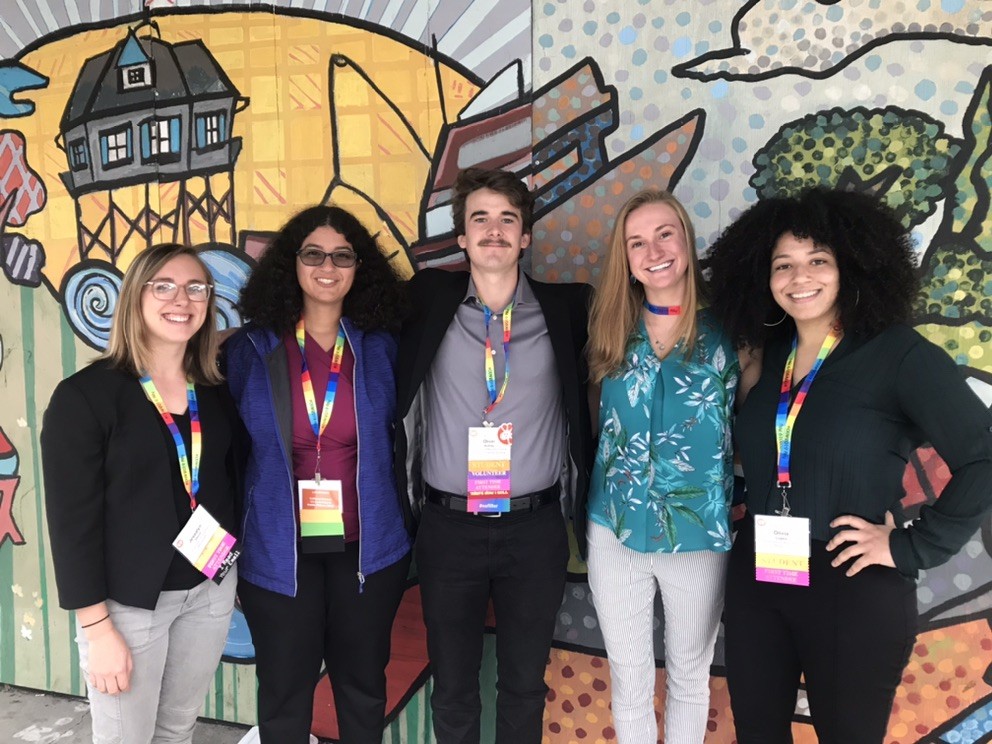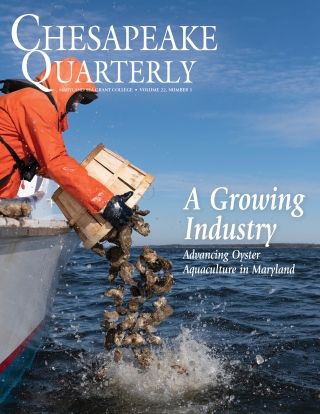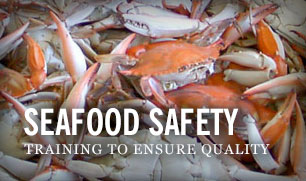Eight students will be presenting the summer work at the Ocean Sciences Meeting in March 2022!
Career Spotlight - Sara Gottlieb (1993)
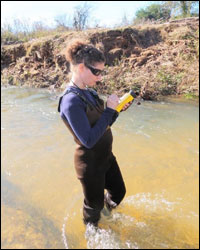
What is your current job?
I am the Conservation Planner for the Georgia Chapter of The Nature Conservancy. My job responsibilities are split between supporting the data management and Geographic Information Systems (GIS) needs of the staff throughout the chapter and working with chapter, regional, and nationwide staff and external partners to use TNC's conservation planning tools to develop our projects.
My work over the past 3.5 years included developing a field data collection system for ecological monitoring on properties we own or manage; designing and participating in field data collection to monitor the ecological health of a major freshwater system in North Georgia, which is currently under going restoration and streamflow modification efforts to restore fish habitat for endangered species of fish and mussels; and mapping shoal spawning habitat for Atlantic sturgeon in the Savannah River to inform the U.S. Army Corps of Engineers plans for dam operations during spawning season. I am currently participating in a multi-project internal peer review of conservation plans for four large-scale coastal and marine projects that span the entire east coast from Cape Canaveral to the Gulf of Maine.
What is a typical day like for you? Do you use any special tools or equipment?
I work in an office environment in our main chapter office in Atlanta, where I run my mapping application, ArcMap. We also maintain a centralized GIS server that contains all the spatial data used by our staff in remote offices in the state. For our field collection projects, I maintain a fleet of Trimble data collection units with GPS receivers running ArcPad, the mobile version of ArcMap. For my conservation planning work, I use software called Miradi that was developed by a group of conservation organizations specifically for this purpose.
What do you like most about your job?
I have moved around a lot in my career and never had the opportunity to become an expert in the unique ecological systems of any of the places I have worked; but in my current position I work with people who are intimately knowledgeable about the local species and ecosystems where we work. I consider it a high privilege to be able to learn from these individuals and help them advance their work at conserving our natural heritage. Occasionally (not quite as often as I would like), I have the opportunity to visit and work in some of the very special places we have protected and are working to restore. It is immensely satisfying to know that I have played a role (however small) in conserving a piece of nature.
What was your previous job?
For five years, I worked as the data manager for the Division of Fishes in the Museum of Southwestern Biology at the University of New Mexico in Albuquerque. My job there was to manage all the data associated with several long-term monitoring projects tracking the populations of endangered fish species in the Four Corners region.
How can I do what you do? What classes do I need to take?
Almost all of the knowledge and skills I use in my daily work I learned on the job. When I was in college, I had an internship at the TNC Headquarters office where I first got turned on to and trained in the data management methodology I still use. In my first job out of graduate school, several of my colleagues helped to train me in using and developing relational database and GIS technologies. It was definitely essential to my career path that I obtained undergraduate and graduate training in the ecological sciences.
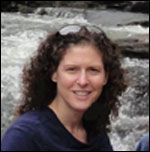
Where are the hot spots for this kind of field?
Conservation work is on going in every U.S. state, but I would say that hot spots are in the Gulf of Mexico, Great Lakes, desert southwest (centered in Denver), California, and many coastal areas, especially near population centers. There is also a significant amount of international conservation work, with exciting projects in Indonesia, Australia, the Caribbean, Central and South America, and Africa. Most international positions require French, Spanish or Portuguese as a second language.
What is the salary range for your type of position?
Salaries in the non-profit sector are generally below those in private industry or government. Depending on geographic location, most of my colleagues in similar roles earn salaries in the $30,000 to $60,000 range.
Anything else you'd like to mention?
Do what you love! Find out what kind of work environment you are best suited to - if you are going to be miserable working in an office all the time, look for positions that have a field component, but if you're more of a fair-weather outdoors person, avoid positions that require you to be outside in all conditions, because conditions can get rough! If you are passionate about your beliefs, make sure the organization you work for is a good match in terms of latitude to advocate your point of view.

